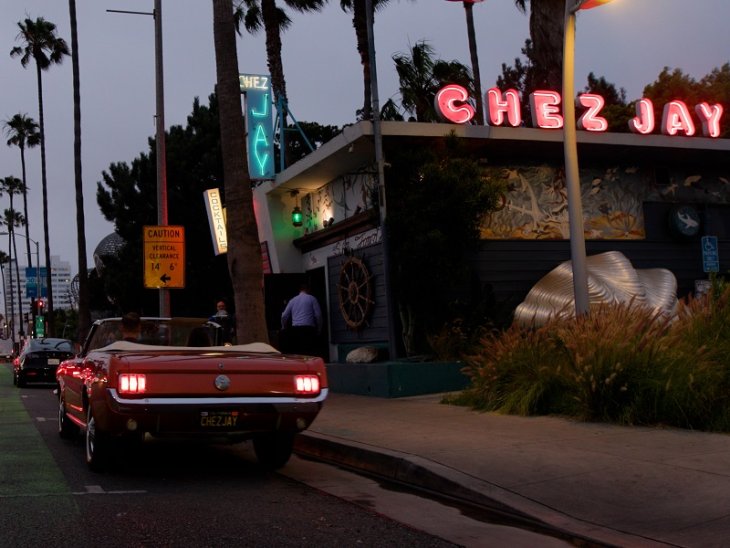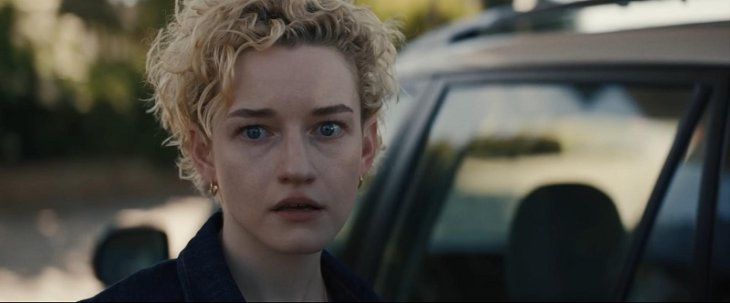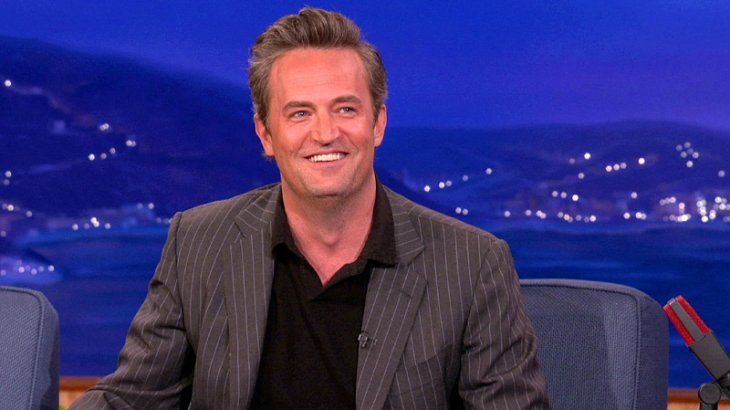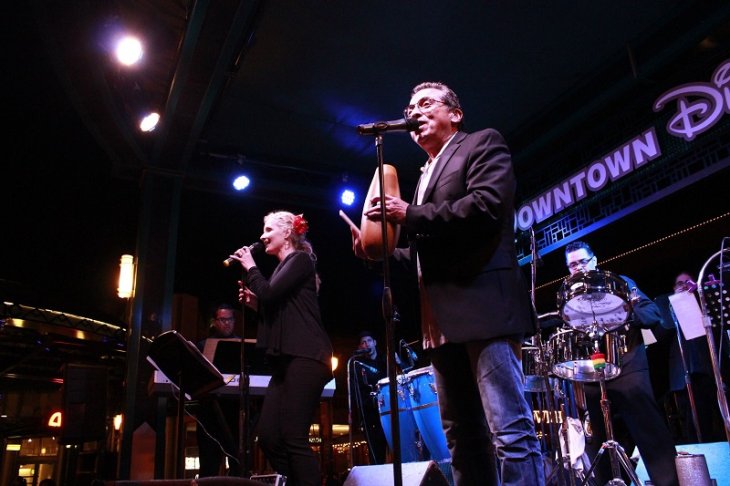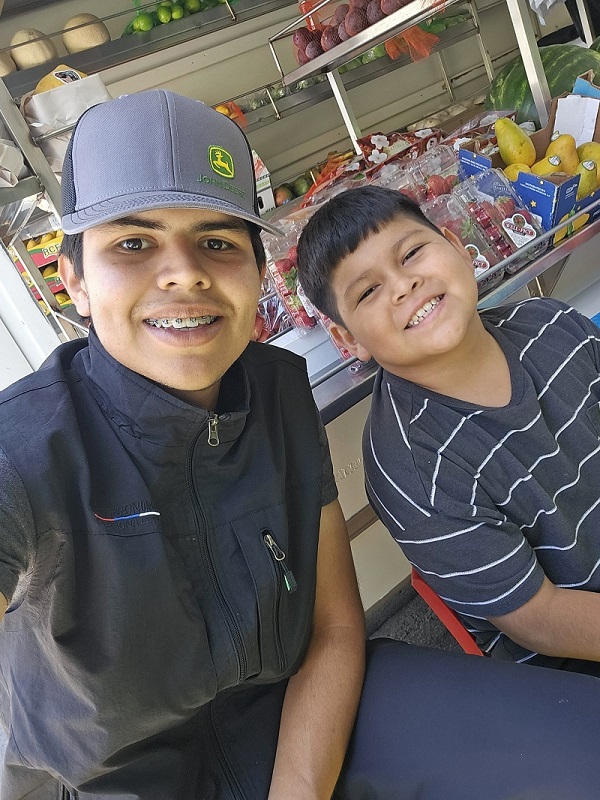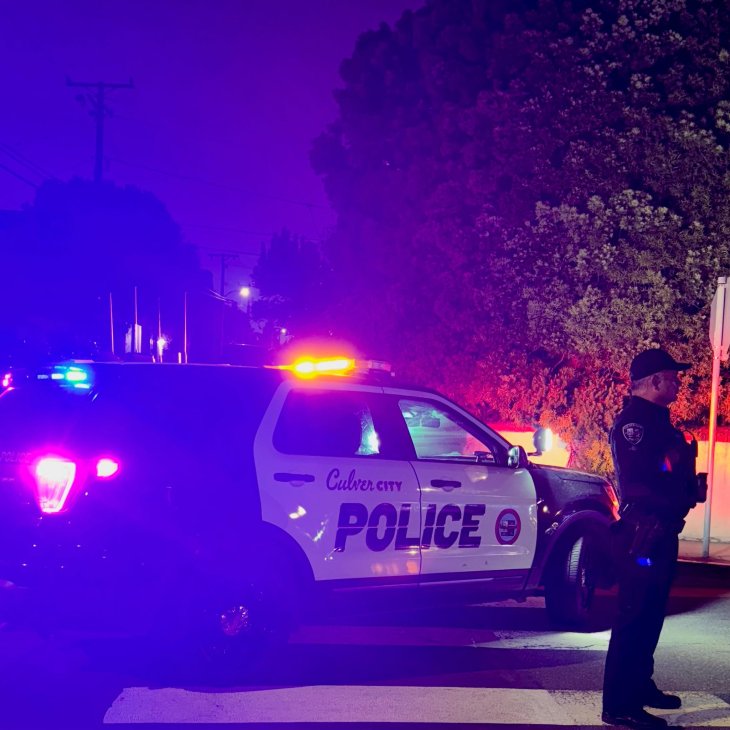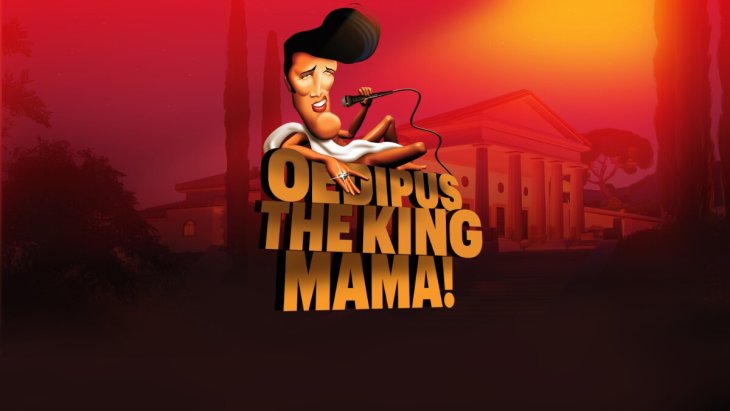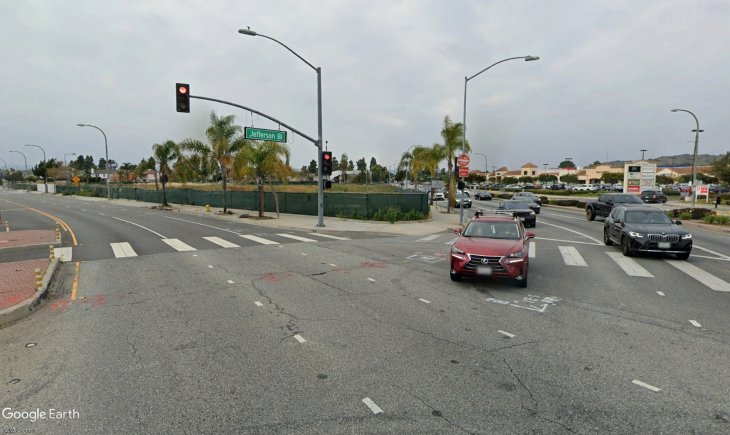By Peter Lewis
Special to WestsideToday

At the intersection of Playa Vista, Marina del Rey and Culver City, and overseeing affiliate branches in downtown LA, New York and Montevideo, Uruguay, Neon Roots, and its sister company Rootstrap, have taken their start up culture to new heights, helping entrepreneurs realize their dreams through informative workshops, branding, and product building.
The two companies, with the same ownership, work symbiotically. Rootstrap takes clients through the process of building their new companies from the ground up, teaching them how to go from the first “napkin sketch” to building an app that can generate real income. Neon Roots builds the product, oversees, and occasionally invests equity in the more promising companies that go through the Rootstrap program.
Calling themselves the “De-facto Kings of Silicon Beach” (the Westside’s answer to Silicon Valley), CEO and co-founder Ben Lee humorously speaks to his geographical location, but he if anything represents the more positive aspects of the storied “start up” culture he and his team carefully nurtured to maximize results while keeping stress levels low and creativity high.
Westside Today met Lee along, with Venture Advisor Kellan O’Connor, in their offices on Beatrice Street. The building’s exterior looks typical corporate monotone, but the interior, including the conference room where we sat down to chat, exuded new loft living, with casual yet focused workers walking down the hallway in t-shirts and jeans. On the wall were sketched out plans for a new startup’s corporate structure, along with ideas for their new app, which due to privacy we can’t disclose.
Although Lee was happy to share some of his more prominent clients: Snoop Dogg, for whom Neon Roots developed Snoopify; Tony Robbins, the iconic San Diego-based motivational speaker; Concord Music, the label that boasts Bruce Springsteen on its roster; and Village Road Show Pictures movie studio.
Lewis: When you were a kid . . . how did you become who you are today?
Lee: I wanted to be a corporate executive. I think of that term and it kind of creeps me out now, but I wanted to dress up and play the role. Now I’m living that dream – just without all the mandatory suits and ties.
Lewis: How did you get started?
Lee: My dad started a battery business, so I designed their first e-commerce site for that.
Lewis: So you studied computers in school?
Lee: No, I learned online. He wouldn’t give me any money to hire anyone. So that was my first real web experience, learning html. So I’m more digital; my brother’s more physical – he worked for Jim Henson’s special effects. Now he’s an entrepreneur, and inventor, more on the physical products side.
Then, turning to O’Connor…
Lewis: Now I want to know your story.
O’Connor: I wanted to be an astronaut.
Lewis: Still your dream?
O’Connor: No, I’m too tall. My eyesight’s bad. I couldn’t be a fighter pilot, which is usually the pathway to that.
O’Connor did however find another path, if not at 30,000 feet and breaking the sound barrier.
Lee: Kellan was an early employee at Space X, one of the more popular, modern tech companies of today’s era.
O’Connor: Space X is a space launch company. We manufacture rockets to transport satellites and eventually personnel to space.
Lewis: Are you into that whole ambition to go to Mars?
O’Connor: I’m not personally involved, but I’m a big advocate of it.
Eventually O’Connor landed at Neon Roots . . .
O’Connor: I was working with Epson and looking for an app for a printing product, and after a search found Neon Roots. They knocked it out of the park, built an android. They asked me to come on board as a consultant, and we looked at transitioning Rootstrap to bring in equity.
Lewis: So it’s like a subsidiary or subdivision?
Lee: That’s kind of what we’re working through now, that structure. What’s become more exciting, it’s really taking the shape of an incubator.
Lewis: What pushed you in this direction?
Lee: I would say, standing on the sidelines and seeing a lot of our clients be successful is self-validation, you know you’re doing a great job. But it’s also motivating in the sense of “Well, why aren’t we doing that? Why can’t we be on the other side of that?”
Lewis: What’s your 5-year plan?
Lee: I’d say we’d like to get involved in intellectual property, whether it’s digital or physical, and have it be a part of our brand. Finding the right product owners that can be really successful with the tools that we’ve given them.
Lewis: Is that all?
Lee: We’d probably like to design our own neon jet. 757. I’d say continue having the fun that we’re having now. I think that’s one of the biggest challenges for a company, whether that culture changes. We want to keep the startup culture as long as possible.
Walking out the back door, past a large photo of the Dogg himself, we had no doubt he was speaking the truth.




